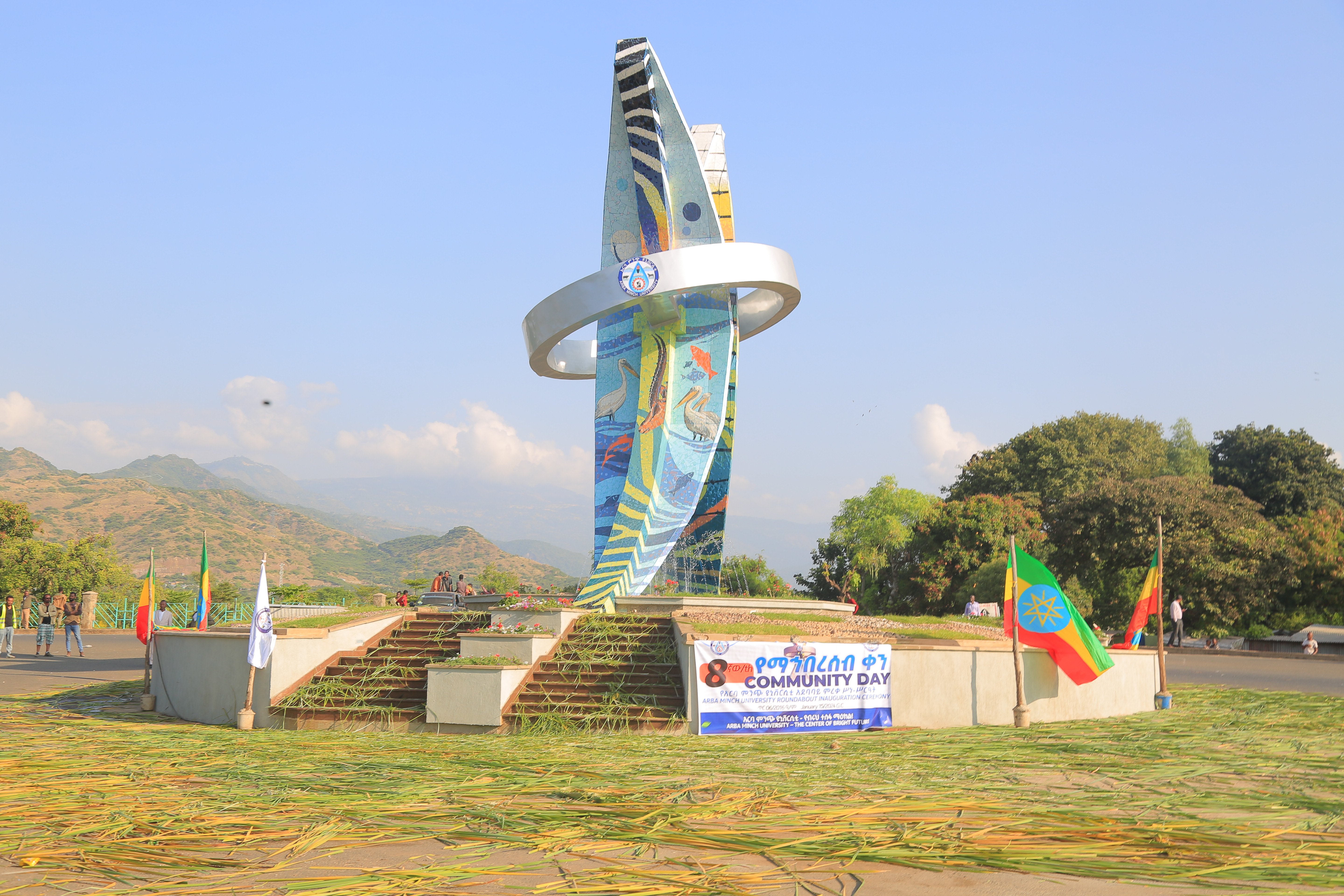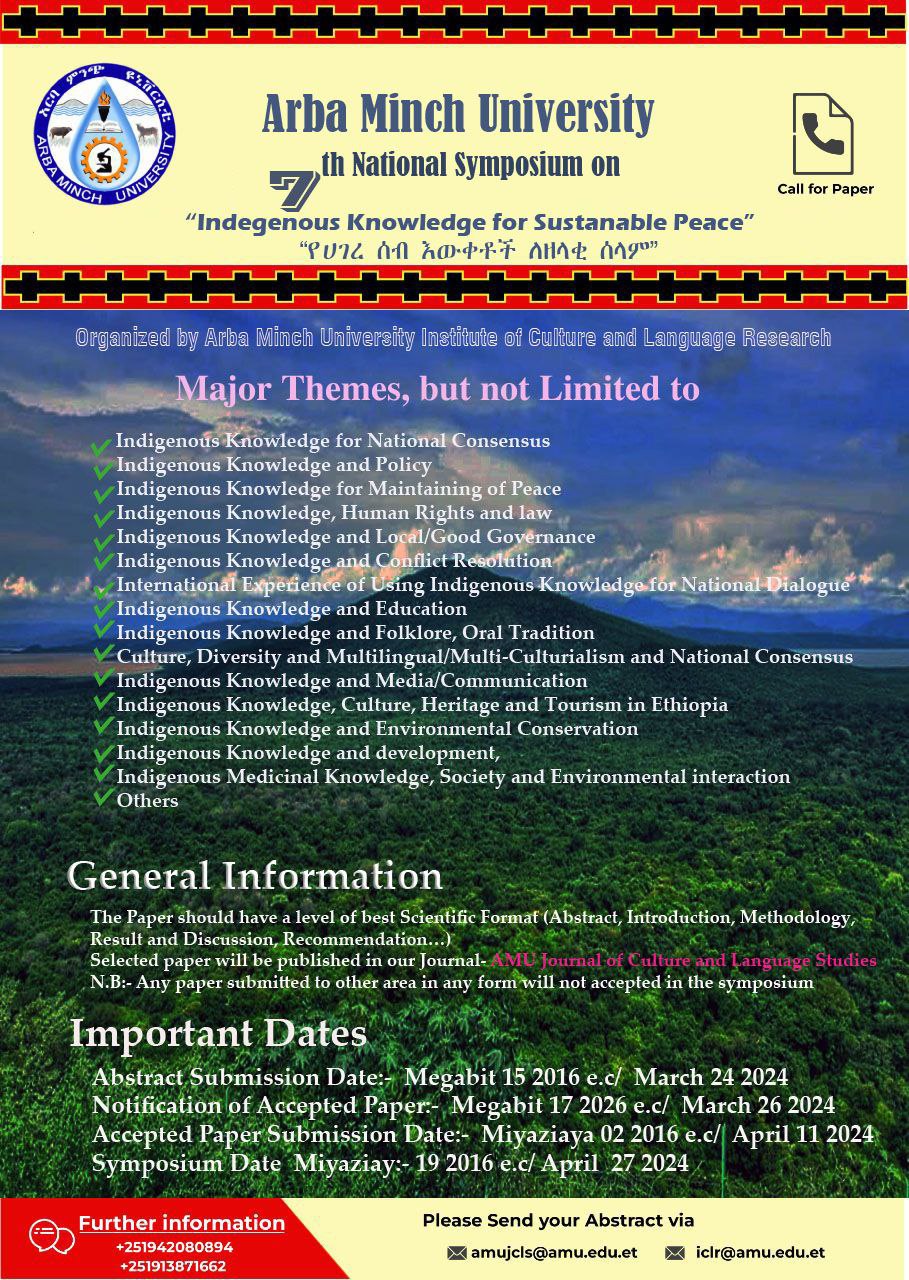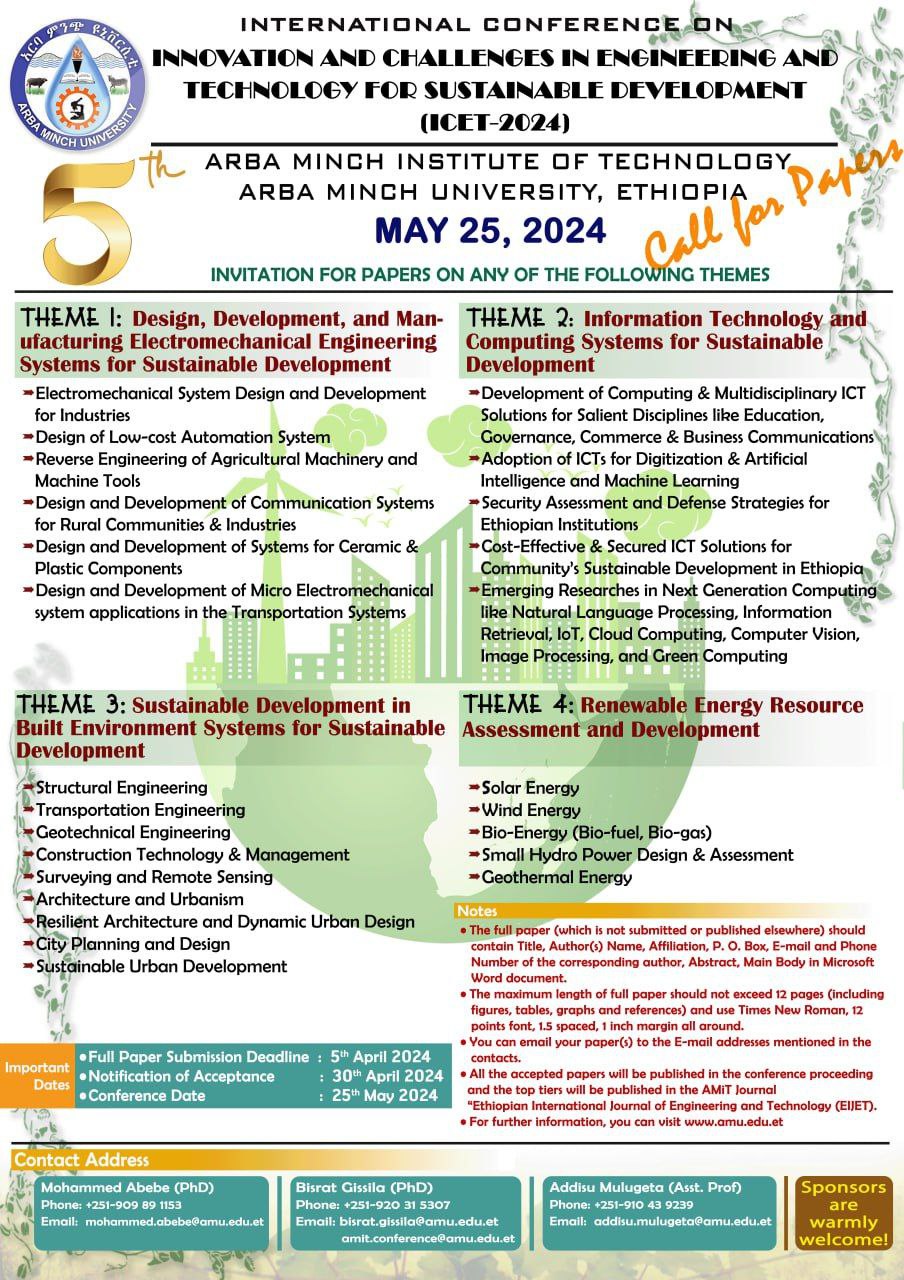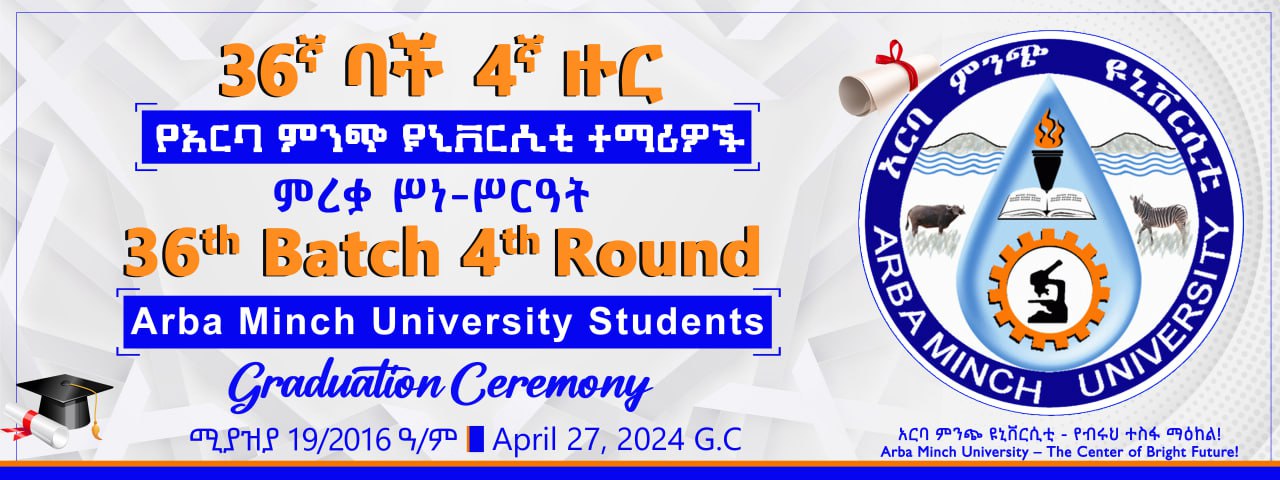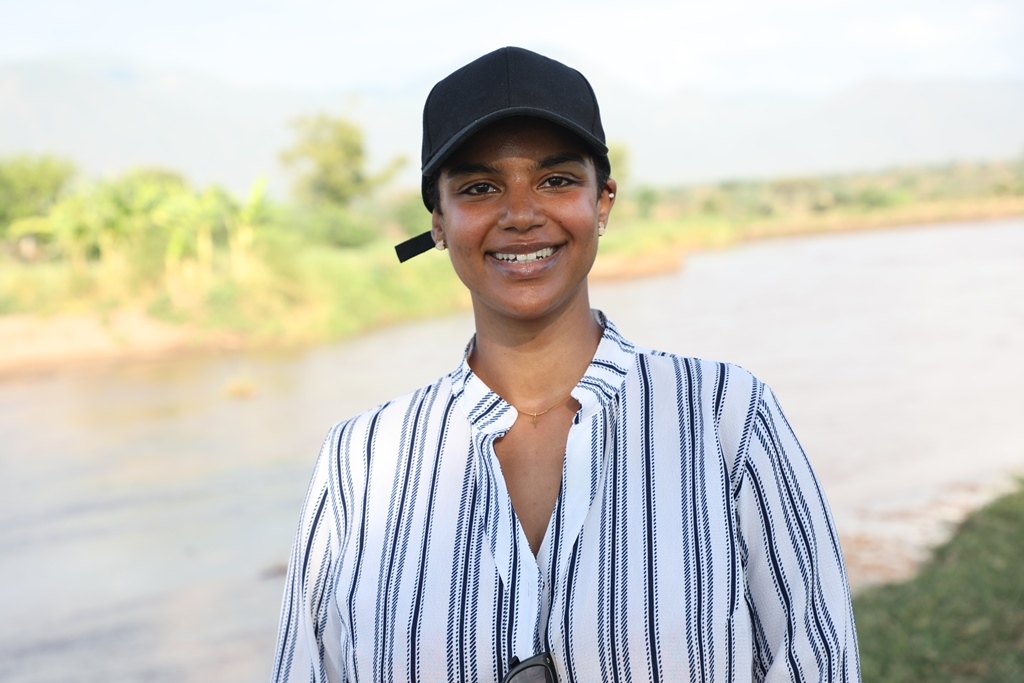Arba Minch University Renewable Energy Technology Research Center, Centre for Crop Health and Protection /CHAP/ and Satellite based Water Demand Estimation/SWaDE/ Technology Company has installed 3.3 KW Solar System to pump water for irrigation in Gamo Zone, Garda Marta Woreda, Bohe Kebele at Bazo River with the collaborative pilot project called "Optimizing Energy Demand in Rural Communities via Precision Agriculture Technology", on March, 01, 2024.Click here to see more photos.
AMU Research and Community Engagement Vice President Behailu Merdekios, Associate Professor, stated that the successful completion of this pilot project will have a substantial impact on enhancing production and productivity by relieving the local people from recurring droughts. Apart from that, the project will pave the way for more advanced and enlarged initiatives to be implemented in the future. In his final remark, the vice president assured that the university will keep working with other partners on renewable energy initiatives that are in line with the SDGs and green economy agenda.
Dr. Lensa Etefa, Founder and CEO of SWaDE Technology Company stated that her company is based in UK and produces a variety of technologies employing satellite data and focuses on energy, water and food nexus. Through this collaborative initiative the company brought a new technology called Satellite based Water Demand Estimation that estimates and forecasts energy and water demand for small-scale hydro, wind and solar mini-grids that would power irrigation systems in rural areas, Dr Lensa noted. According to her, the technology will enhance productivity by ensuring that farmers’ use of appropriate quantity of water for irrigation.
Dr. Lensa, adds that these kinds of projects are typically implemented in areas adjacent to cities; however, this particular project is special and more advantageous because it offers affordable, sustainable, and renewable energy sources to off-grid, marginalized communities. The solar-powered water pumping technology created in the Bohe Kebele is only a pilot project and there are plans to scale it up within Garda Marta and possibly even spread it to other regions of Ethiopia after multiple effectiveness validations and tests, she revealed.
Beyene Feye, Project Coordinator and Associate Researcher at Arba Minch University's Renewable Energy Technology Research Center, stated, although farmers in Garda Marta Woreda, Bohe Keble, have been using diesel pumps to run irrigation, they could not afford it due to the current fuel cost escalation. According to Mr. Beyene, the initiative was piloted among the farming community in Garda Marta that has been suffering from crop failure on a regular basis as a result of a lack of rain and is in need of supporting interventions, affordable energy sources and irrigation systems.
Mr. Beyene added that the newly installed 3.3 KW solar mini-grid in the area replaces diesel pumps with an eco-friendly renewable energy source and the pilot project is expected to irrigate 17 hectares of land and will benefit 30 households. There is over 200 hectares of agricultural land in the vicinity that can be irrigated; therefore, searching and securing additional funds and scaling up the pilot works are project's next goals, he noted.
The head of the Garda Marta District Prosperity Party Office, Mr. Bahirzaf Fantaye, in his part said, although the area has large land for irrigation, our farmers were facing problems and suffering from crop failure due to frequent droughts. He pointed out that the new practices and results of the project to irrigate agricultural lands with solar energy will free the area from food shortage caused by drought and help to ensure food security. The government and people of the district are committed to support other initiatives and efforts to be made to scale up the pilot project in the future, he stressed.
Mr. Darkole Miramo, a local farmer, said, in the past, farmers used diesel pumps to irrigate their fields. However, because of fuel price cost rising on a regular basis, they have been experiencing significant difficulties in balancing their costs and revenue. He added that the opportunity to use solar energy technology to pump water for irrigation significantly reduces the high cost of fuel and will highly help them to produce additional agricultural products such as tomatoe, onion and watermelon. In his final remark, he acknowledged AMU and all other stakeholders which took part in bringing this significant and game changing technology project to his community.
Arba Minch University
The Center of Bright Future!
For more Information Follow us on:-
Website - https://www.amu.edu.et/
Telegram - https://t.me/arbaminch_university
Facebook - https://www.facebook.com/ArbaMinchUniversityCAD/
YouTube - https://www.youtube.com/channel/UCOO_nclhMo8M3r74OyPBlVA
Communication Affairs Directorate
